
Teacher Li Dejia from BNU Law School Talked About the Wisdom of Terminating Litigation in Ancient Times on CCTV
Social and Legal Channel of CCTV (CCTV-12):
March 18-22, 2024
Premiere: 21:50 every night
Rebroadcast: 06:56 the next day
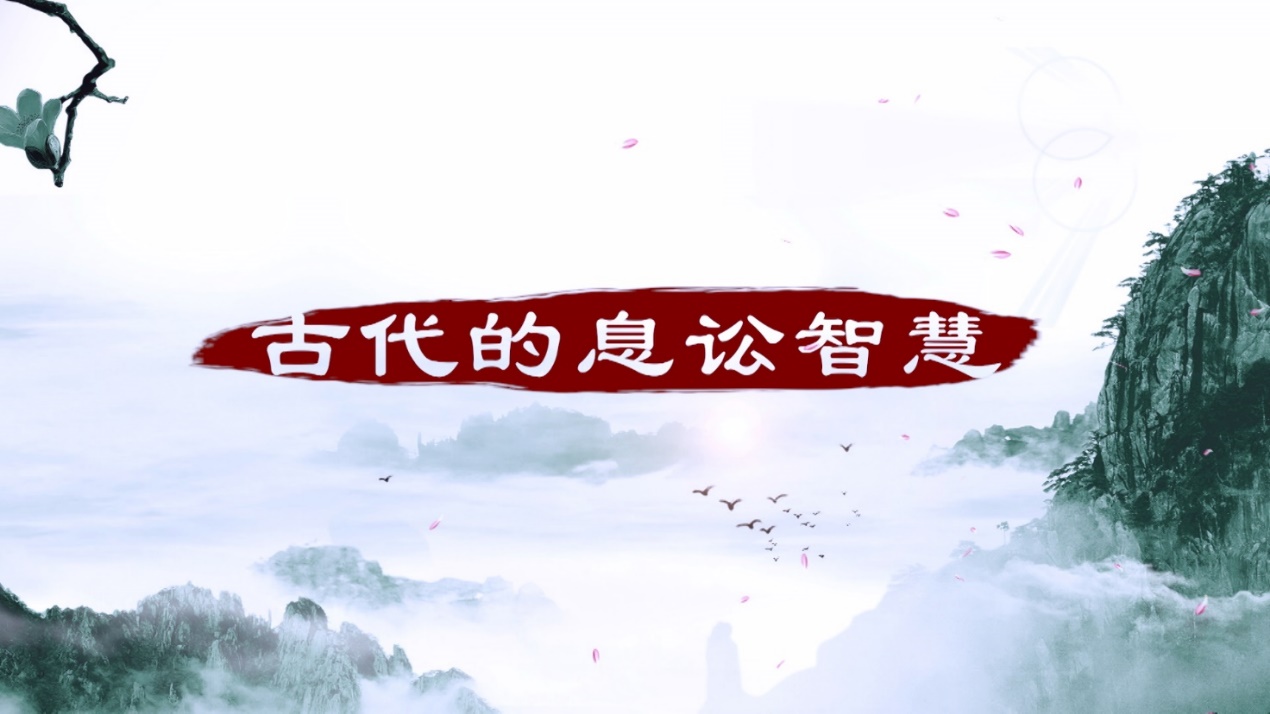
Teacher Li Dejia's three episodes of the legal culture series program of "Wisdom of Terminating Litigation in Ancient Times", including "The Right and Wrong of the Lawyer", "The Entanglement of Emotion and Law", and "Infusing emotion into rationality to Settle the Lawsuit of Regretting Marriage", will be aired on the "Legal Lecture Series" (Cultural and Historical Edition) program of CCTV's Social and Legal Channel from March 18 to 20, 2024 at 21:50. On March 21st and 22nd, there will be a replay of Li Dejia's previous lectures on "Wisdom of Terminating Litigation in Ancient Times" on CCTV, including "The Gate of County Office Should Face the South" and "Intelligent Resolution of Separation Disputes"
On March 18, “The Lawyer's Right and Wrong” will be aired
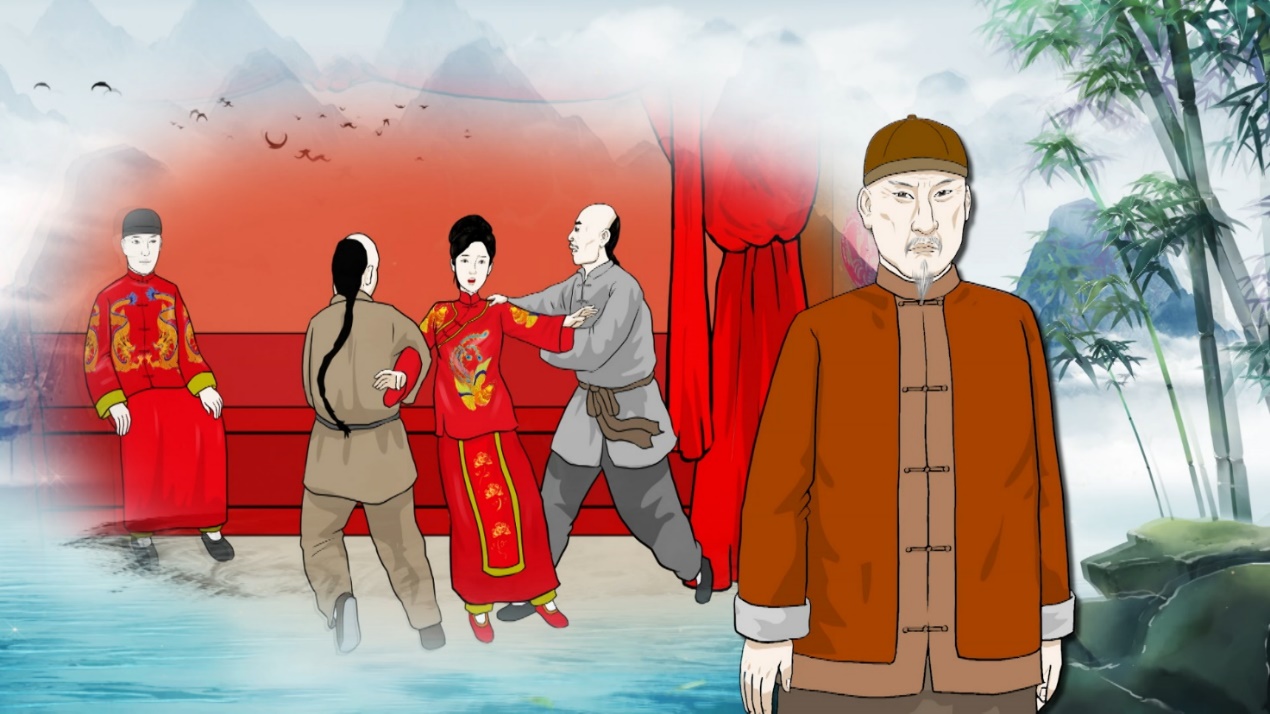
During the reign of Emperor Tongzhi of the Qing Dynasty, a family robbery case occurred in Luodingzhou, Guangdong. Local tycoon Chen Tianxi forcibly robbed the young girl Ou and married her to his nephew. After the case was brought to the government, they gave Chen Tianxi's uncle and nephew a lenient sentence, but punished the plaintiff Ou's father Oulinchang with a cane and put him in prison. What is the reason behind this seemingly absurd verdict? What contradictions and difficulties did this robbery case reflect in ancient judicial practice?
On March 19, "The Entanglement of Emotion and Law" will be aired
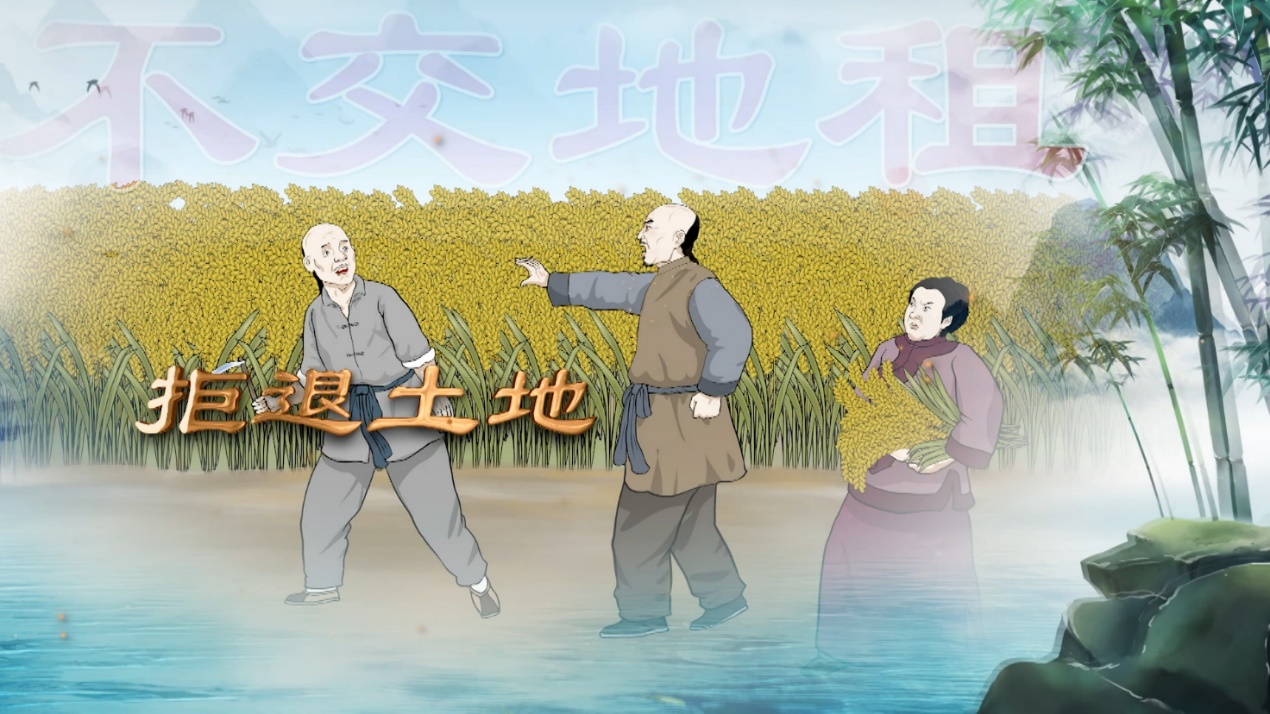
During the reign of Emperor Qianlong of the Qing Dynasty, a tenant refused to pay land rent for a long time and refused to return the land. This was originally a simple tenancy dispute, but due to the mishandling of the first instance officials, it sparked a murder case. What exactly led to the escalation of the conflict? The conflict between emotions and laws was a common problem encountered by ancient judicial officials. In order to achieve the goal of "balancing emotions and laws" and resolving disputes, what kind of judicial wisdom did they accumulate?
On March 20, "Infusing emotion into rationality to Settle the Lawsuit of Regretting Marriage" will be aired
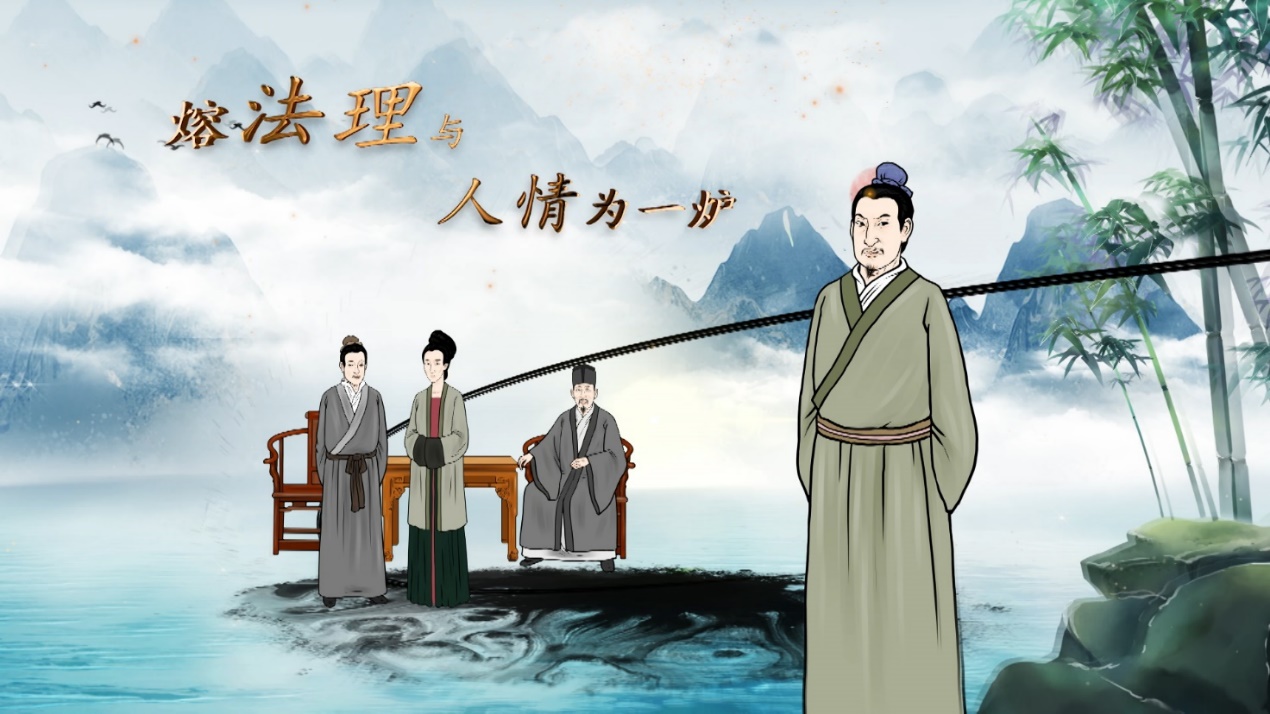
Marriage disputes were regarded as trivial matters in ancient times. Although the case is small, its social impact is extremely profound. Therefore, from literary elites to seasoned scholars, and even ordinary grassroots officials, they attach great importance to marriage disputes. They blend legal principles with human emotions in various cases of marriage disputes, pursuing a balance between emotions and laws, leaving behind classic cases of judicial judgments. So, if you have received a bride price but no marriage certificate, is the marriage established? How would the great poet Bai Juyi judge? Will officials in the Song Dynasty, in accordance with the law, order the termination of the engagement if a man has not married the bride-to-be since the engagement five years ago? The old lady went to the government to file a complaint, repeatedly claiming that she wanted to "recover her original daughter-in-law". What did a county official in the Qing Dynasty hear from this? How will he handle the seemingly unreasonable lawsuit request from the old lady?
On March 21, "The Gate of County Office Should Face the South" will be aired
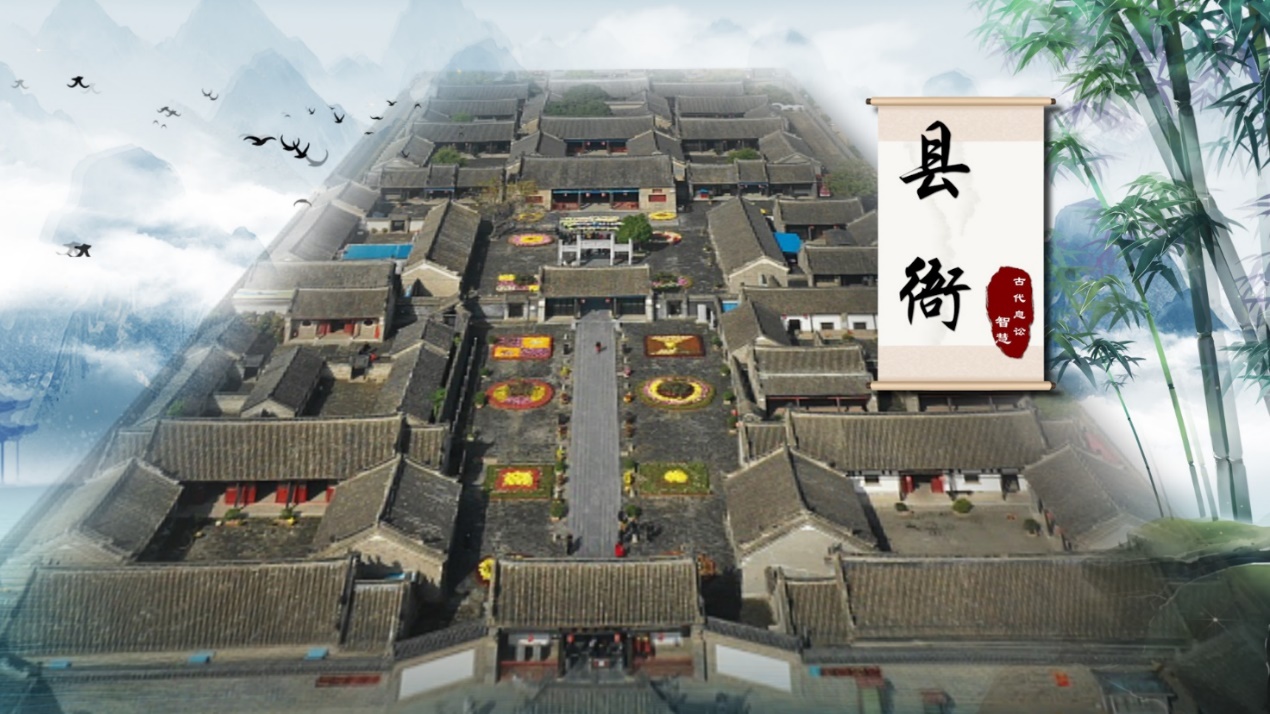
As an ancient grassroots judicial institution, the county government was responsible for handling cases. However, from the architectural layout to the office procedures, every aspect of it reflects the characteristics of the ancient "no litigation" culture. So, why did ancient county offices face south? How many office staff are there in the county government? What impact does its staffing have on the 'no litigation' culture? During the Han Dynasty, the relationship between Xiao He and Cao Can, known as "Cao followed all the regulations established by Xiao," has become a tale of national governance. What was the special purpose of ancient county offices enshrining their statues?
March 22, "Intelligent Resolution of Separation Disputes" will be aired

In ancient times, when dividing family and property among brothers, there are "Three Treasures": mother’s brothers, documents, and drawing lots. Why did ancient families often invite mother’s brothers to host? Confucianism advocates "cohabitation and shared wealth". When parents are still alive, they oppose dividing the family and property. So, what clever ways did ancient people form when disputes arose over dividing siblings? How do they integrate the principles of filial piety, brotherly love, and friendship into the entire process of dispute resolution?

The Legal Lecture Series (Culture and History Edition) is a renowned feature on CCTV's Society and Law channel, poised to reflect on the past and comprehend the contemporary. It delves into history, examines the present, and uncovers the fresh meanings embedded within our cultural heritage. This is a lecture series dedicated to fostering the spirit of the rule of law and to spreading legal literacy, masterfully blending ideology, education, and entertainment. It stands as a bridge between scholarly rigor and popular appeal, a legal culture education initiative that is both academically grounded and accessible to the public.
The program is set to debut each evening at 21:50 and will be rebroadcast at 06:56 the following morning.
